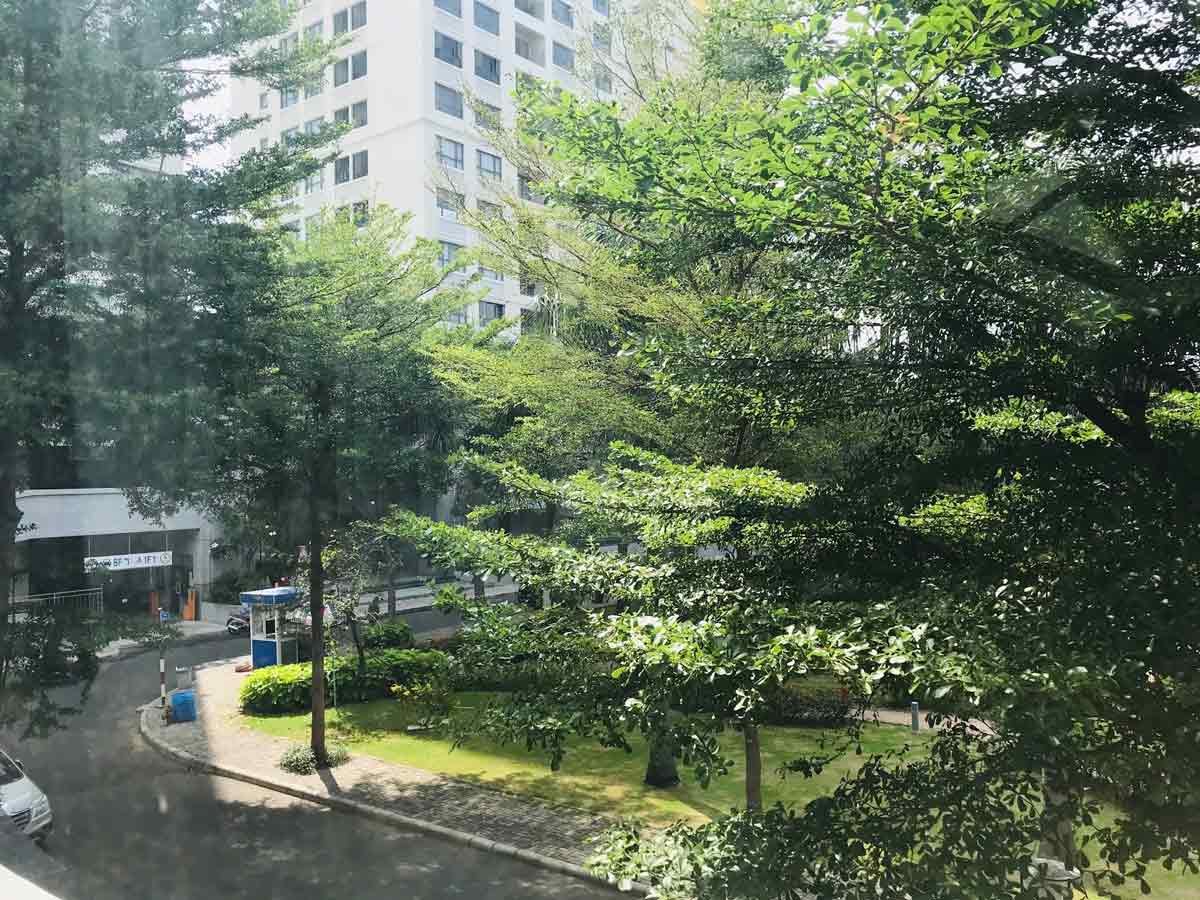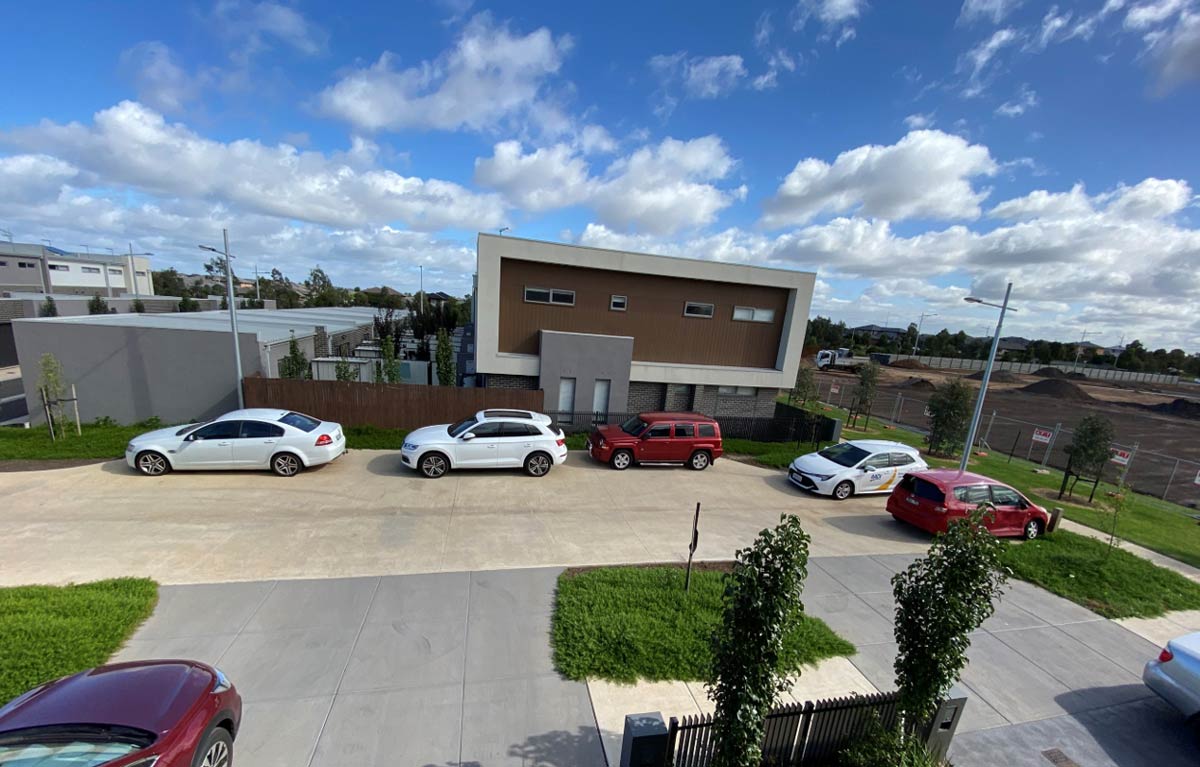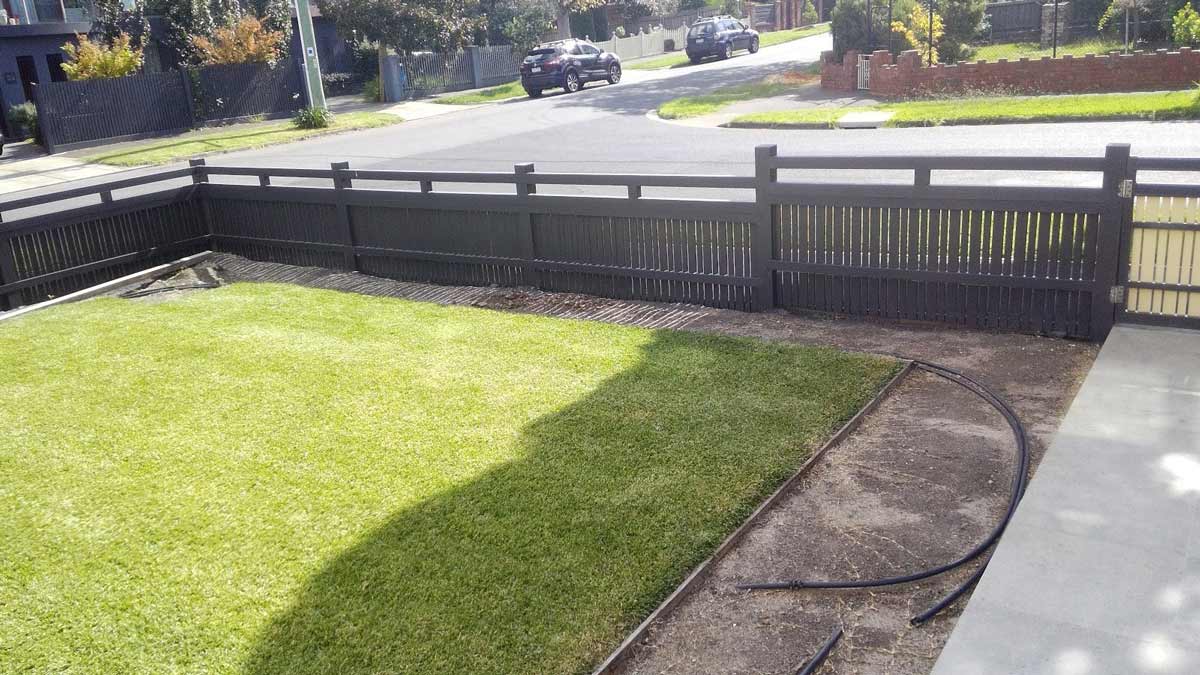
When future historians look back at the COVID-19 pandemic, and the unprecedented measures to contain and manage it, they will depend on primary sources – like those generated by Year 6 students at Wesley’s Elsternwick Campus, as Emily Watson explains.
What better time for history students to learn about primary sources, when they are living through ‘history in the making’? That was the idea underpinning the ‘History in the making’ unit undertaken by my Year 6 students at Wesley’s Elsternwick Campus.
Students were given eight activity options, completing four over two days, working together in virtual classrooms, from home. The unit was not only an opportunity to draw on their own experiences as they live through history but also a chance to take stock of their experiences and feelings.
As Minh Le explained, through her journaling activity, ‘I think (journal writing) is so helpful for releasing any negative emotions (I might have) during this time. It is also a great way to preserve your memories and thoughts, so that you can look back on it in the future.’
For Minh, the ‘History in the making’ unit has also been an opportunity to share experiences, from home – in Ho Chi Minh City, Vietnam – with her virtual classroom peers. Now up to journal entry #215, on day 33 of self-quarantine, Minh identifies the importance of routine, and the virtues of her virtual classroom. ‘Live calls start at 7.50am so I try to be ready at 7.40am,’ she wrote in her journal. ‘Online school…instils some discipline in me since I have to…be organised… This is a new learning experience.’
District 7 in Ho Chi Minh City, Minh’s neighbourhood, has definitely become quieter. ‘Occasionally, you will see people going on a walk with their dogs or on a run, but for the most part, people just stay at home. It feels strange compared to the usual hustle and activity in my neighbourhood.’
Like Minh, for Mareli Opperman, the local neighbourhood has become much quieter. Mareli wanted to find out what people have missed, and enjoyed, during the current containment phase, as well as their thoughts on how different countries have dealt with the pandemic. With containment measures ruling out a vox pop with ‘the man on the street,’ Mareli decided to record her chat in the yard, with her dad, Chris.
What is he missing, and enjoying? ‘I miss going out to restaurants and driving with my family,’ Chris said, ‘but I do get to go for long walks and spend more time with my family than we would normally.’ And his thoughts on success in dealing with the pandemic? ‘Singapore and Hong Kong seem to have handled this better – they’ve dealt with similar virus infections in the past.’

For Fahiz Deen Mohamed, his usually busy street is also empty. ‘I’m normally cautious when walking in my narrow street,’ Fahiz wrote in his journal, ‘but (the containment measures) have drastically reduced the traffic as most residents are now working from home.’
Fahiz has missed playing and watching tennis, his favourite sport, but all is never lost, he explained in his journal. ‘I accidentally knocked my amp and it made me realise I had time to practice. I plugged in my guitar, strummed a chord and that single sound had me hooked. I realised there’s always an opportunity to do something.’

For Minh, Mareli, Fahiz and their Year 6 peers, the current containment phase isn’t just about the historic implications of this time; they also have an eye to the future. In other classes they are working together on a sustainable futures unit, creating websites that explore the merits of paper, plastic and calico bags, plastic and waxpaper lunch wrap and the environmental impacts of drinking straws. They’re also completing maths tasks, with support videos by yours truly, at their own pace – asynchronously – in our virtual classroom.
With so much learning, so close to home, the good news is we’re all learning from this experience.
Emily Watson is the Primary Years Program Head of Learning – Science, Technology and Social Studies – at Wesley’s Elsternwick Campus.
